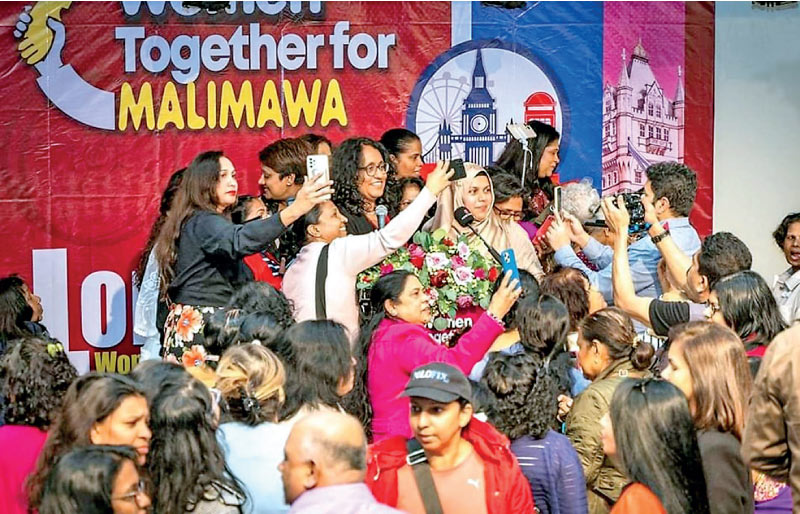The JVP-NPP may not reap its deserved and nationally necessary victory. Why?
(1) It is unlikely that the JVP-NPP by itself can swing the decisive uncommitted voters, and no automatic process of polarization is guaranteed to deliver those voters to the NPP. The unwillingness to incorporate into an equation, political figures like Prof. Charitha Herath with the requisite appeal to move the middle-ground, could prove counterproductive and costly.
(2) The JVP-NPP should make an unambiguous commitment to the existing system of Provincial Councils (not 13Plus or federalism) and fast-track elections to them. If not, Eran Wickramaratne-MA Sumanthiran will recycle the 2015 Mangala Samaraweera minoritarian strategy, and the outcome could be another ‘Yahapalanaya 2015’. The NPP should be breaking through to the North, East and Hill Country, probably through its Women’s movement.
There is a third, strategically more serious problem. Late-night TV last week witnessed a crucial perspectival debate between the JVP-NPP’s Dr. Nalinda Jayatissa and the FSP’s Education Secretary (formerly the JVP’s Education Secretary), Pubudu Jayagoda.
Jayagoda observed that having shutdown local government and provincial council elections, Ranil was now tampering with the parliamentary electoral process, and could complete his encirclement of democracy by ‘disappearing’ the presidential election. He warned that however solid the Constitutional entrenchment of the Presidential election, no autocrat remained safely caged within an inherited constitutional framework.
Jayatissa dismissed Jayagoda’s scepticism as unwittingly serving the purpose of dampening people’s hope. He declared that if Ranil tried to fiddle with the presidential election, the vast mass movement mobilised by the NPP would transmute into a tsunami of people’s power.
- However, Ranil isn’t Gotabaya, and the conjuncture of 2024 isn’t that of 2022. The disposition of class forces is decisively different.
- In 2022, drastic material shortages and power-cuts momentarily minimized the operation of ‘the law of uneven development’. Society ‘evened up’.
- Gotabaya was opposed by the entire bourgeoisie; all of society rose up against him.
- Ranil is supported by the big bourgeoisie, nationally, regionally, and possibly internationally (the Quad).
- An uprising against an autocratic Ranil will not be a national-civic uprising of ‘the whole people’ as against Gotabaya; it will not unite all classes, but will split society into two unevenly-sized camps, the larger one representing the ‘popular-democratic’ bloc led by the JVP-NPP.
- Similarly, the state apparatuses will be unevenly split, not paralyzed as during Aragalaya 2022. The upper ‘command’ levels will back Ranil.
Given that Emeritus Prof. Mick Moore, OBE notes “…It is hard to be totally confident that the elections will actually be held in 2024…” (ibid), isn’t it wise to strive for a ‘Jayatissa-Jayagoda’ perspectival synthesis?
Excerpts from a longer article by Dayan Jayatilleka on Daily FT.
